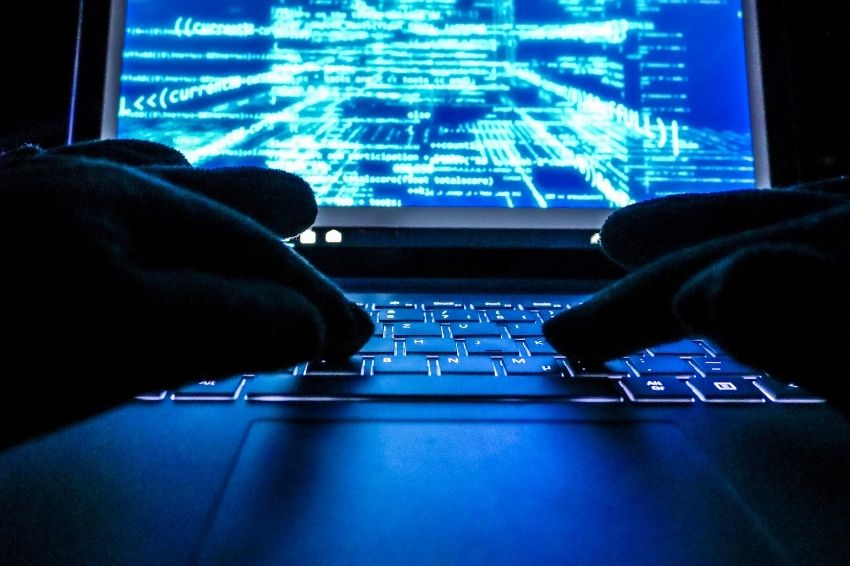The cyber attack that occurred at the beginning of the week on the servers of Copel (Companhia Paranaense de Energia) – which forced the concessionaire to suspend a large part of its virtual service channels – raised a discussion about the need for solar energy companies and consumers to better protect their its equipment and structures.
In an interview with Solar Channel, experts warn that the risk of invasion cannot fail to be a concern in photovoltaic system networks, but emphasize that the chances of more serious damage occurring are relatively small.
“Every inverter part always has a Login and a password that allows the person to enter to make the main adjustments to the machine. If there is an invasion, in the worst case scenario, the person will be able to turn off the inverter”, explains Ricardo Alonso, electrical engineer and engineering director at Sungrow, a manufacturer of photovoltaic inverters.
For Cesar Kobayashi, sales manager at SMA, a company that also manufactures this type of equipment, turning off the inverter can have consequences for both homes and large companies. "O hacker that being able to access and disconnect the inverter of a plant, for example, can interrupt the supply of energy generated by the photovoltaic plant”, he said.
To avoid this, the expert reiterates the importance, especially for large companies, of investing in internal solutions capable of minimizing the problem. Among the measures mentioned are: the use of a strong login and password (preferably encrypted) and the hiring of professionals specialized in security measures and network monitoring.
The attack
In the early hours of this Monday (1st), Copel suffered instability in its servers due to a hacker attack. The company took its website, information technology (IT) and telephone systems offline to protect the integrity of customer information. To date, there have been no records of data leaks or problems with the company's electricity supply and telecommunications services.
In a statement, Copel reported that it continues to work to restore the systems affected by the cyberattack and that the competent authorities are already monitoring the case. “The resumption is being carried out in stages for safety reasons and the main internal systems are already in operation. Customer service normally works in branches and through the call center. Access to the copel.com website has been normalized”, he highlights.
Despite the explanations, the problem did not prevent some customers from feeling harmed by the situation. Eduardo Schmitt, coordinator of Bonö Fotovoltaico, an engineering company specializing in energy generation systems, says, for example, that the collapse of Copel's means of communication took everyone by surprise. “Our biggest concern is not being able to provide reliable feedback to our customers about requests already opened and whether they have been received,” he said.
Digital insecurity
Like Copel, other energy companies have also been targets of cyber attacks in recent months. In April last year, the website and some Energisa services were down for eight days in Mato Grosso, due to a hacker attack. At the time, residential customers with bills due between April 29 and May 6 were unable to issue a duplicate to pay their bills – which caused the company to cancel the collection of fines and interest for delays during this period.
A similar problem also affected Light's services on June 16 last year. The Rio company, which operates in the electricity generation and distribution segment, suffered an attack and had its operations temporarily halted. The company later revealed to Revista Veja that its computers were hijacked and that criminals asked for more than US$ 7 million to decrypt the affected machines.
















